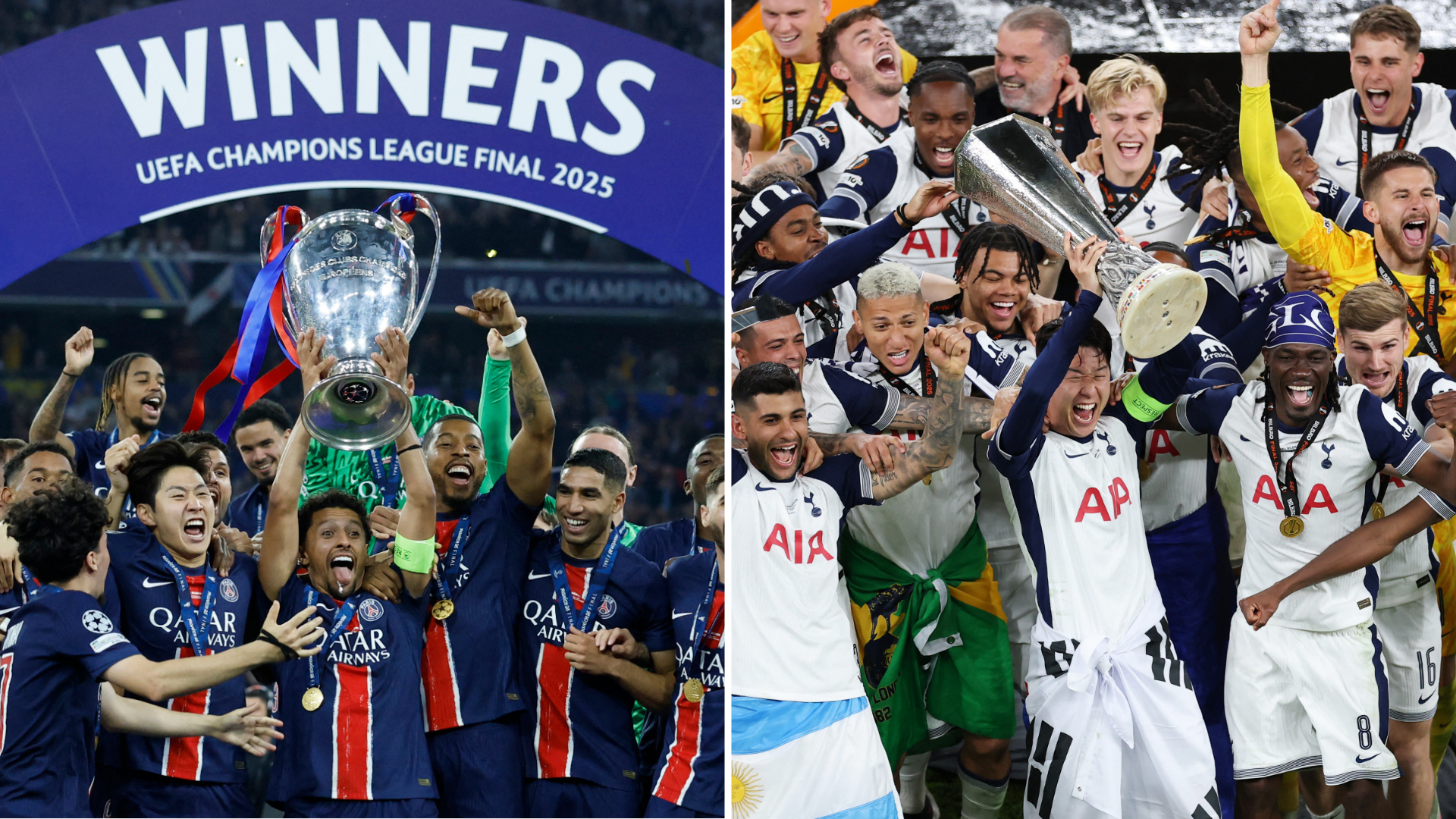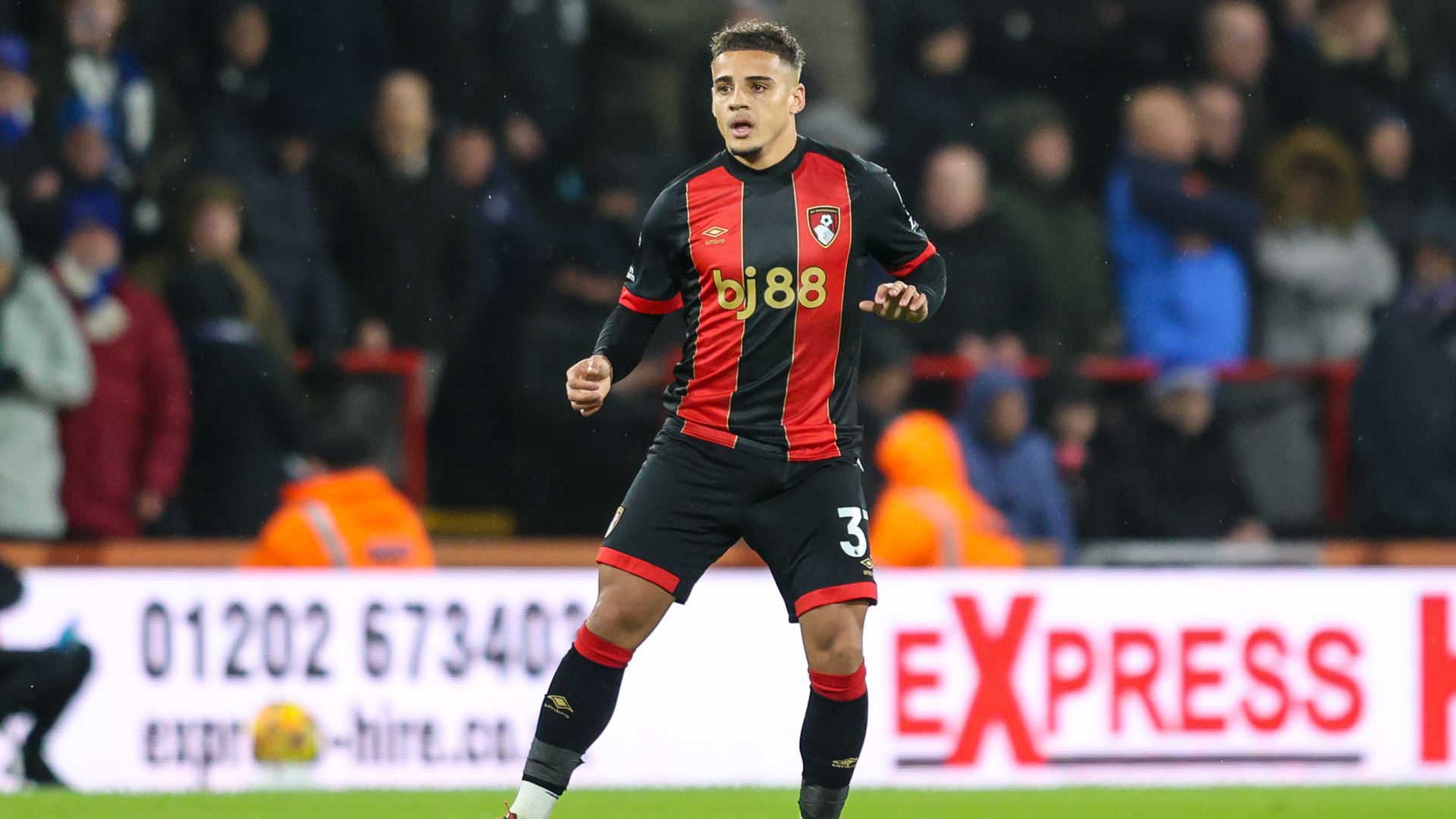- Home >
- Soccer >
- UEFA Champions League >
- How Does the 2025/26 Champions League Format Work? Everything You Need to Know About Uefa’s New System
How Does the 2025/26 Champions League Format Work? Everything You Need to Know About Uefa’s New System
More matches, different rivals, and a system that completely reshapes the competition. The 2025/26 Champions League returns with a revolutionary format that replaces the group stage with a 36-team league. So… how does it all work?
Goodbye group stage, hello league phase
Starting from the 2025/26 season, UEFA continues with the format introduced the year before: a single league phase with 36 teams, replacing the traditional group stage. Each club plays eight games against eight different opponents, with four matches at home and four away. Teams are drawn from seeded pots, and each side faces two clubs from each pot — one at home, one away — ensuring greater variety and competitiveness right from the start.
A system that rewards early performance
Positioning in the league phase is crucial. The top eight teams qualify directly for the Round of 16, while those ranked 9th to 24th must play a two-legged playoff to earn their spot. Teams finishing 25th or lower are eliminated outright, with no transfer to the Europa League.
Home advantage and a dynamic knockout system
Another key innovation lies in the knockout rounds: the better-ranked team from the league phase always plays the second leg at home. Additionally, if a team eliminates a higher-seeded opponent, it inherits that team’s top-seed status for the rest of the competition. For example, if the 7th-ranked team beats the 1st in the Round of 16, they’ll have home advantage in the quarterfinals and semifinals.
How are the four new spots assigned?
With the expansion to 36 teams, UEFA added four additional qualification slots, allocated as follows:
- 1 spot for the third-placed team from the 5th-ranked UEFA federation.
- 1 spot added to the Champions Path for domestic league winners.
- 2 spots for federations with the best collective performances in the previous season (based on UEFA coefficients).
More games, more drama
This format aims to produce more blockbuster matches and create a higher-stakes, more engaging league phase. It offers teams more chances to advance while raising the competitive bar from day one.





















